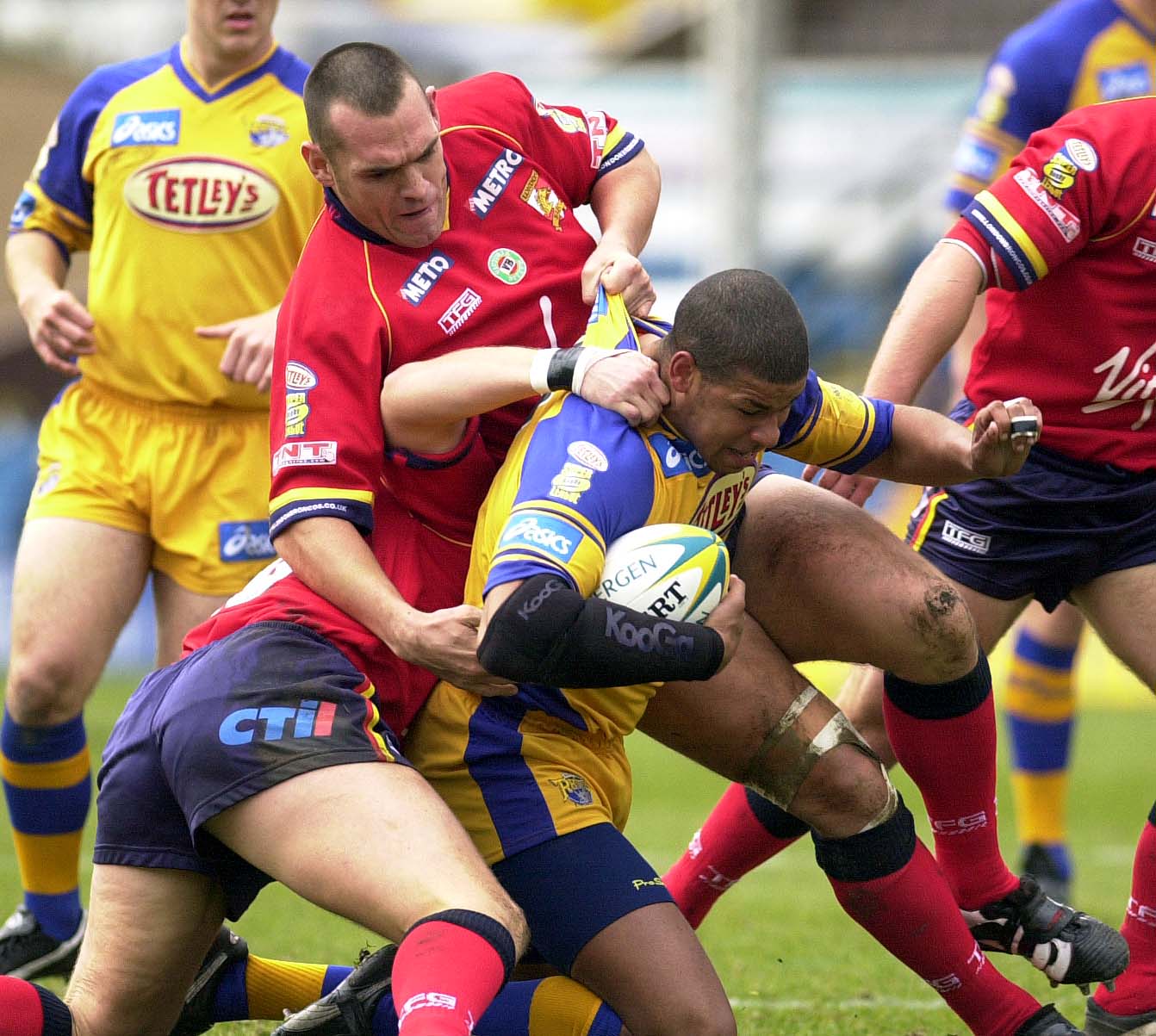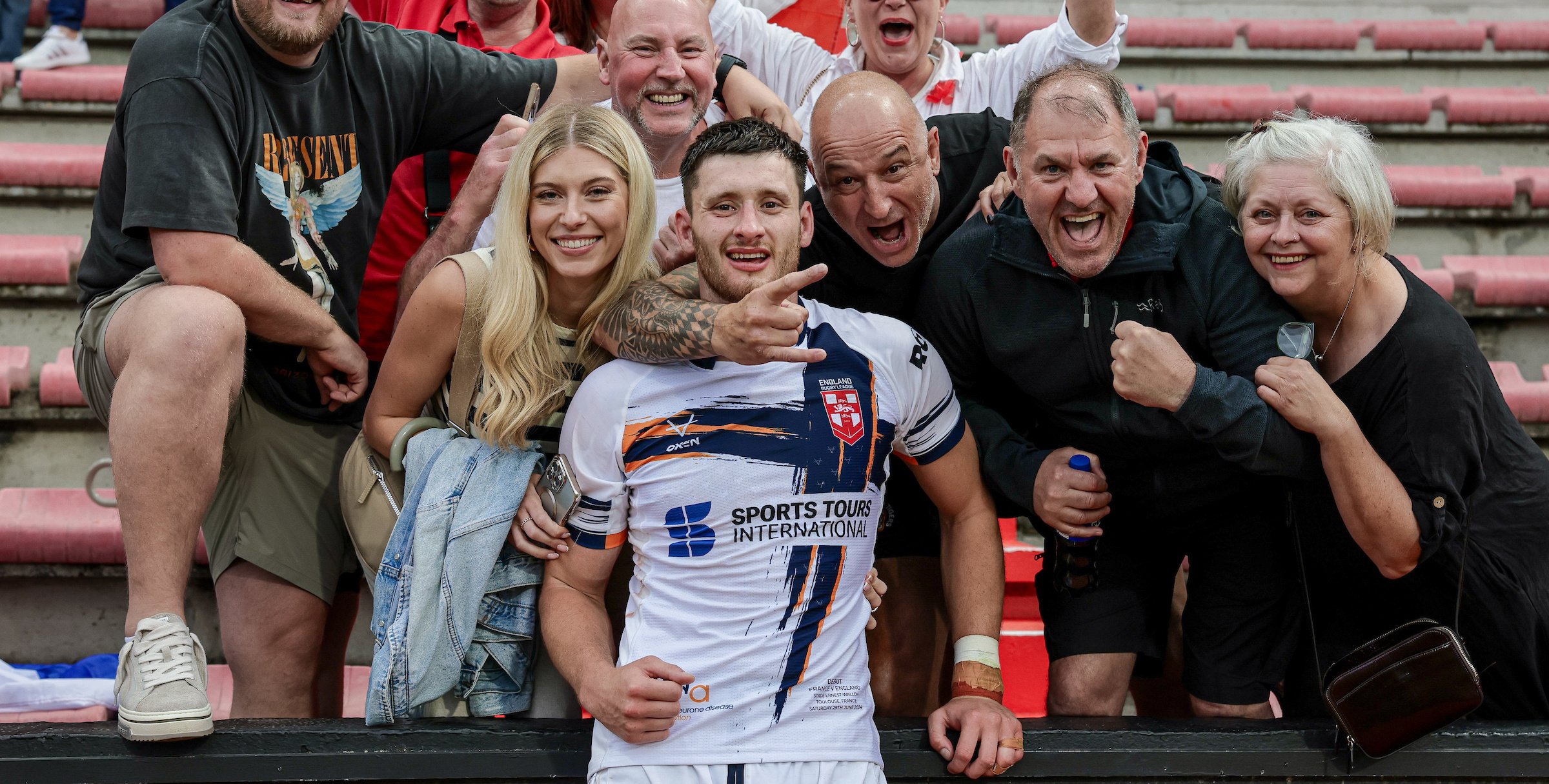In the heart of Edinburgh, I returned to the University for the next chapter in a vital study about the brains of sports warriors.
This time, the MRI room awaited, bringing back memories from two years ago. No video games this round, just a 90-minute scan and a few eye tests.
As the early morning mist clung to the historic streets of Edinburgh, I embarked on a journey to the University of Edinburgh's MRI and Imaging Facility for the second leg of my participation in a groundbreaking research study focused on brain health in athletes. The purpose of this visit was to dive deeper into the intricacies of the human brain, offering insights that could reshape our understanding of the risks associated with a career in professional sports.
Purpose of the visit: unveiling the mysteries of the brain.jpg?width=500&height=500&name=IMG_20231219_151058%20(1).jpg) Two weeks had elapsed since my initial visit, and this time, the focus was on a 90-minute MRI scan. Unlike my previous encounter in 2021, I didn't engage in the immersive distraction of computer games during the procedure. The diagnostic staff informed me that the absence of tasks was intentional, allowing for a raw examination of the brain's nuances. As I lay in the MRI scanner for what seemed like an eternity, the absence of video games made the experience more introspective, prompting a unique connection with my own thoughts.
Two weeks had elapsed since my initial visit, and this time, the focus was on a 90-minute MRI scan. Unlike my previous encounter in 2021, I didn't engage in the immersive distraction of computer games during the procedure. The diagnostic staff informed me that the absence of tasks was intentional, allowing for a raw examination of the brain's nuances. As I lay in the MRI scanner for what seemed like an eternity, the absence of video games made the experience more introspective, prompting a unique connection with my own thoughts.
In addition to the MRI scan, a series of retina and eye scans were conducted, mapping the intricate network of blood vessels at the back of my eyes. The researchers explained that these scans might hold the key to identifying observable markers that could potentially contribute to an earlier diagnosis of dementia. The evolution of technology and its application in this research was evident,
emphasizing the commitment to uncovering novel insights.
Your experience: a candid account of MRI moments
Navigating the confines of the MRI scanner for 90 minutes is no small feat. The absence of video games this time around heightened the challenge, particularly considering my early-morning wake-up call to catch a train. The researchers humorously reminded me not to doze off during the scan—a true test of endurance after a 4 a.m. start.
Despite the discomfort, the diagnostic staff and researchers managed to create a friendly and engaging atmosphere. Their chattiness and warmth made the experience more bearable, transforming a clinical setting into a space where I felt genuinely cared for.
Research updates: a closer look at the bigger picture
Participating in an anonymous study meant that my data became a crucial puzzle piece in a much larger dataset. I won't receive a personalized diagnosis or any specific information about my health. However, the potential impact on the broader sports community, particularly rugby players, is immense. The ongoing research, which began with approximately 70 former rugby union, rugby league, and football players, strives to unravel the complexities of dementia risks in aging sportsmen.
Impact on participants: a commitment to collective understanding.jpg?width=500&height=500&name=IMG_20231219_143525%20(1).jpg) Reflecting on the potential impact of this study on rugby players and the broader sports community, I find solace in contributing to our understanding of brain health in athletes. My commitment remains steadfast, not only for the benefit of current and future generations but also to support players grappling with early-onset dementia.
Reflecting on the potential impact of this study on rugby players and the broader sports community, I find solace in contributing to our understanding of brain health in athletes. My commitment remains steadfast, not only for the benefit of current and future generations but also to support players grappling with early-onset dementia.
I am resolute in my dedication to this study, recognizing the importance of leveraging research to comprehend the long-term repercussions of concussions in rugby. The hope is that our collective efforts will pave the way for improved preventive measures and support systems.
Future Steps: a continued journey
As the mist lifted over Edinburgh, signaling the end of my second visit, thoughts turned to the future. The research journey appears set to continue, with a potential return in 2025 for another round of comprehensive testing. If invited, I am more than willing to contribute to the study, recognizing the significance of ongoing commitment in advancing our understanding of brain health in sports.
Reflections on progress: a small contribution to a greater cause
In these moments of introspection, I find solace in the notion that, in my own small way, I am aiding in the development of sports' comprehension of brain health. While personal feedback remains elusive, the drive to contribute persists—for the sake of those who came before, those standing alongside me, and those yet to grace the rugby fields. The journey is ongoing, and the pursuit of knowledge in the realm of brain health is an endeavour worth embracing.
Resources
Rugby legends join large dementia prevention study...
Edinburgh centre for research on the experience of dementia...
RL Player Portal: Brain Health...
Quote
"Your brain has the power to modify your pain perception”
- Wim Hof
|
Related Articles

%20(1).jpg)
Groundbreaking dementia research
Francis Stephenson | December 4, 2023
In the world of rugby, where strength, strategy, and camaraderie define ...
Read More
%20(1).jpg)
Unlocking player well-being and success: A recap of our recent webinar
Francis Stephenson | September 21, 2024
Last week, Rugby League Cares hosted an insightful webinar dedicated to ...
Read More
%20(1).jpg)
Empowering families: Navigating challenges & supporting success
Francis Stephenson | September 11, 2024
Calling all parents, partners, and families of professional rugby players! ...
Read More